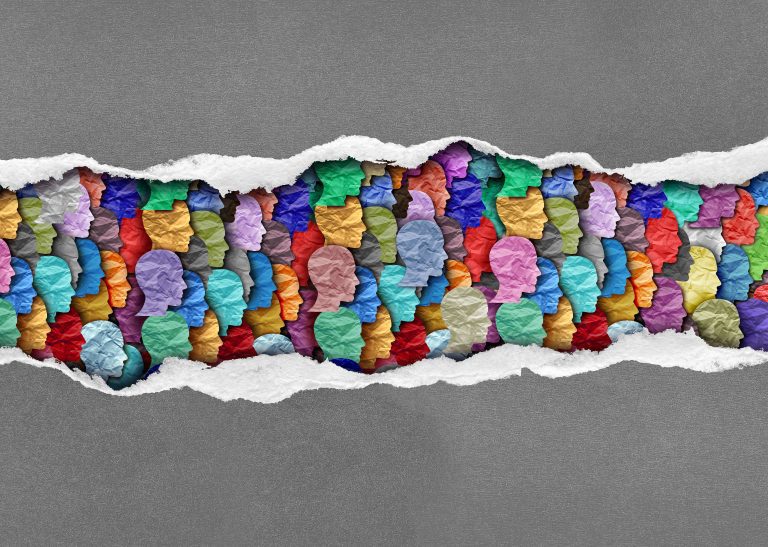As the world continues to rapidly evolve, the field of HR must also adapt to keep up with the latest advancements in technology. The use of technology in HR can help increase efficiency, accuracy, and productivity.
In this article, we will discuss the current state of HR technology, the future of HR technology, and best practices for HR professionals to embrace technology and digital transformation in their work.
The Current State of HR Technology
In recent years, the use of technology in HR has become increasingly popular. Many companies use software and tools such as applicant tracking systems (ATS), HR information systems (HRIS), and performance management software to streamline HR processes.
These tools have many benefits, such as reducing the time and effort needed to complete administrative tasks, providing real-time data and analytics, and improving communication between HR professionals and employees.
However, there are also some challenges and limitations of current HR technology. For example, some software can be expensive and difficult to implement, requiring specialized training for HR professionals. Additionally, while technology can provide data and analytics, it is up to HR professionals to interpret and use the data to make informed decisions.
The Future of HR Technology
The future of HR technology is exciting, with many emerging technologies that have the potential to transform the field. One of the most promising technologies is artificial intelligence (AI). AI has the potential to improve many HR functions, such as recruitment, training, and performance management.
For example, AI can help automate candidate screening and shortlisting, making the recruitment process faster and more efficient. AI-powered chatbots can also help answer employee questions and provide support 24/7.
Another emerging technology is machine learning, which can help HR professionals identify patterns and predict future trends. For example, machine learning algorithms can help identify employees who are at risk of leaving the company, allowing HR professionals to take proactive steps to retain these employees.
Digital Transformation in HR
Digital transformation refers to the integration of digital technology into all aspects of a business, including HR. Digital transformation in HR involves the use of technology to improve the employee experience, streamline HR processes, and increase productivity. By embracing digital transformation, HR professionals can create a more efficient, data-driven, and employee-centered HR function.
One example of successful digital transformation in HR is Microsoft’s HR team. Microsoft’s HR team has implemented a chatbot named “Ruuh” to help answer employee questions and provide support. Ruuh is available 24/7 and can answer questions about topics such as benefits, HR policies, and payroll. This has helped reduce the workload of HR professionals and improve employee satisfaction.
Embracing Technology in HR: Best Practices
To successfully embrace technology in HR, it is important for HR professionals to follow best practices. Here are some tips for selecting and implementing new technologies:
- Identify the problem: Before selecting a new technology, HR professionals should identify the problem they are trying to solve. This will help ensure that the technology is the right solution for the problem at hand.
- Involve employees: When selecting and implementing new technologies, it is important to involve employees in the process. This can help ensure that the technology meets the needs of employees and is easy to use.
- Provide training: To ensure successful adoption of new technologies, HR professionals should provide adequate training to employees. This can help employees feel more comfortable using the technology and reduce the likelihood of errors.
- Monitor and evaluate: After implementing new technologies, HR professionals should monitor and evaluate their effectiveness. This can help identify any issues or limitations and make adjustments as needed.
Conclusion
The use of technology in HR is becoming increasingly important. As the world continues to evolve, it is important for HR professionals to stay up-to-date with the latest technological advancements to ensure that they are providing the best possible support to employees and the organization as a whole.
In conclusion, the future of HR is bright with the potential for continued digital transformation and the adoption of emerging technologies. By embracing technology in HR, organizations can improve efficiency, productivity, and the employee experience.
However, it is important for HR professionals to carefully select and implement new technologies, involve employees in the process, provide adequate training, and regularly monitor and evaluate the effectiveness of these technologies. With the right approach, technology can help HR professionals better support employees and drive business success.
As a resume writer, it is important to understand the impact of technology on the field of HR. By staying up-to-date with the latest technological advancements, Skillhub Seattle resume writing service can better understand the needs and challenges of HR professionals, and create more effective resumes that highlight relevant skills and experiences.
FAQ
Q: What are some examples of HR technology that are commonly used today?
A: Some examples of HR technology include applicant tracking systems (ATS), HR information systems (HRIS), performance management software, and employee engagement tools.
Q: What is digital transformation in HR?
A: Digital transformation in HR refers to the integration of digital technology into all aspects of the HR function, with the goal of improving efficiency, productivity, and the employee experience.
Q: How can AI be used in HR?
A: AI can be used in HR to automate tasks such as candidate screening and shortlisting, answer employee questions through chatbots, and predict future trends such as employee turnover.
Q: What are some challenges of adopting new HR technology?
A: Some challenges of adopting new HR technology include the cost and difficulty of implementation, the need for specialized training for HR professionals, and potential concerns about privacy and data security.
Q: How can HR professionals ensure successful adoption of new technologies?
A: HR professionals can ensure successful adoption of new technologies by involving employees in the selection and implementation process, providing adequate training, and regularly monitoring and evaluating the effectiveness of the technology.
Q: What skills do HR professionals need to succeed in the future of HR?
A: HR professionals need skills such as data analysis, digital literacy, and adaptability to succeed in the future of HR, where technology will play an increasingly important role.
Q: How can product manager resume writers incorporate the topic of HR technology into their resumes?
A: Product manager resume writers can incorporate the topic of HR technology into their resumes by highlighting relevant skills and experiences related to digital transformation, data analysis, and technology adoption in the HR field.
This article was written by an HR Future Staff Writer.


























